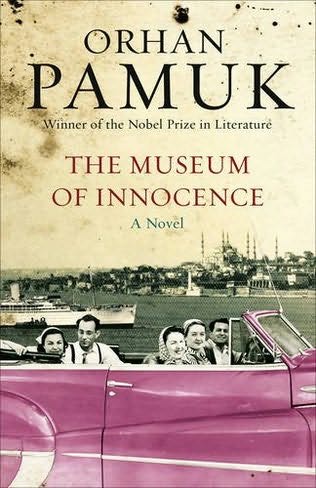I think I can safely say that this is a life changing kind of book. The kind that really sticks in your brain and makes you think and then think again and then reconsider every aspect of your little life and try to realign your actions and reactions with the new sense of reality that you suddenly have.
This book is not a literary masterpiece. It cannot compare with Dickens or Woolf or Twain or Steinbeck. What it is, is an inspirational revelation, a glimpse into the true power of one, the intense possibility that one individual can indeed change the world.
I loved the structure of this book. Kevin, the father, is the main author. The book is narrated from his perspective and is filled with his insights into the world and indeed into his family and their journey. He is an ex-journalist and the story is beautifully told and littered with quotes from the inspirational masters. Kevin’s role in this story is really as a back-seat driver, or an observer. The adventures are in fact triggered and driven by Kevin’s daughter, Hannah, and she is the co-author of this book. In fact, many of the chapters feature Hannah’s experiences or insights as a separate section, clearly aimed at the younger readers or for parents to gain some insights into what their children might be thinking or what might trigger their interest. The fact that the book is narrated from these two different perspectives add to the depth of the reading experience and makes it a wonderful, rounded insight into this family’s experiences throughout this journey.
The essence of the is story is found in Kevin’s realisation that their lives are governed by the ‘New Normal’.
“Joan and I simply called it ‘the treadmill’. We created a lifestyle; then, just to keep up, we had to stay in motion. And like the automated treadmill, it had a builtin mechanism to keep it going. We’d never dreamed of going from power windows back to hand-cranked ones or leather seats to cloth. In fact, I couldn’t remember any time we had done that in any facet of our lives – cars, houses, electronics, or musical instruments. Better, nicer, more became the New Normal.”
It is something that most of us can relate to – the underlying pressure to keep up with the Joneses, those neighbours of our own imagining. For the Salwen Family it is the struggle to get out of this trap that distinguishes them from other families. And, the essence of the success of their endeavours is that they decide not to be immobilised by the enormity and vastness of the problems facing the world and by their inability to make a huge difference to a large number of people. Rather, they are empowered by the fact that everything that they do for others helps. They follow the philosophy of Edmund Burke: ‘Nobody made a greater mistake than he who did nothing because he could only do a little.’ As Salwen narrates in this book:
“There are 6 Billions people in this world, and you are one person. It’s easy to think, ‘How much of a difference can I really make?’ The short answer is, a lot. I love the quote from Marian Wright Edelman, the children’s rights advocate: ‘We must not, in trying to think about how we can make a big difference, ignore the small daily differences we can make which, over time, add up to big differences that we often cannot foresee.'”
The way that this family goes about making change is by empowering their children – “If you want children to keep their feet on the ground, put some responsibility on their shoulders.” In fact, they make their children equal partners in all the decisions that they make from selling their house and giving away half of its value to where and who they give the money to and how it is used. The key to their success is the involvement of the whole family.
The family’s philosophy is summarised by a quote from Dr Martin Luther King, Jr., explaining how he wanted to be remembered:
“‘Every now and then I think about my own death, and I think about my own funeral. And if you get somebody to deliver the eulogy, tell them not to mention that I have a Nobel Peace Prize. Tell them not to mention that i have three or four hundred other awards. I’d like for somebody to say that day that Martin Luther King, Jr. tried to give his life serving others. I’d like for somebody to say that Martin Luther King, Jr., tried to love somebody … Say that I was a drum major for justice … for peace … for righteousness … I just want to leave a committed life behind.'”
The value of the journey that the Salwen family experience cannot be quantified. It is, indeed, priceless:
“To put it in a literary context, we had come of age. We had coalesced as a family, brought together by a mission that really mattere. Maybe it was a bit premature to claim victory, but sitting there at the dinner table in Accra, Ghana, I believed we had found our family legend. We knew what we wanted to stand for.”
To learn more about this incredibly inspiring family, visit their website.














